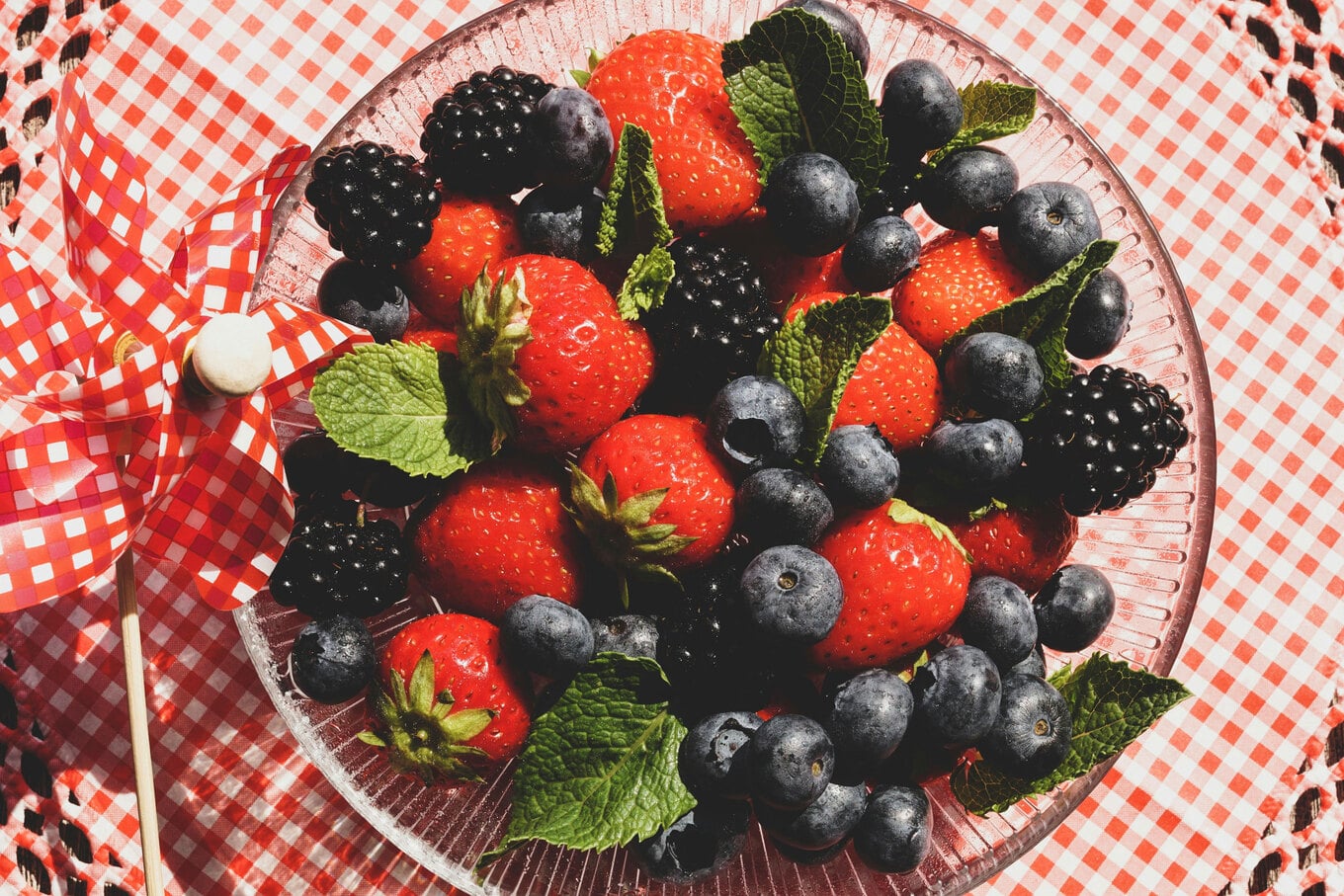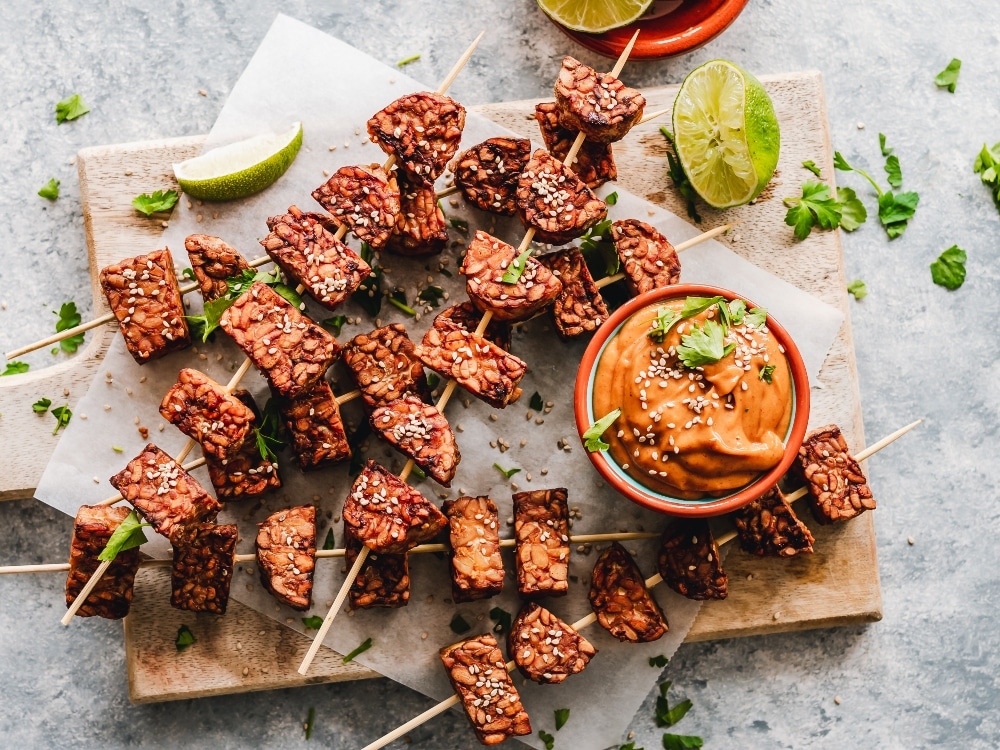We’ve all experienced that moment of panic when we realize we’ve forgotten something essential, like our keys or wallet, just as we’re about to leave the house. It’s a universal experience, and according to a recent study, it’s completely normal.
Two psychologists, Megan Sumeracki and Althea Need Kaminske, delve into the intricacies of memory in their latest work, The Psychology of Memory, challenging common misconceptions and shedding light on the complexities of how we store and retrieve information.
In their book, Sumeracki and Kaminske highlight the disparity between popular media portrayals of memory, which often depict extraordinary abilities like a photographic memory or savant-like recall, and the reality of how memory functions for most people.
Retha Ferguson/Pexels
They stress the importance of understanding memory as a dynamic process rather than a static recording device, likening it to a constantly evolving Wiki page where details can be edited and revised over time.
While Kaminske herself admits that she often spends copious time looking for her keys and water bottle, the psychologist explains that this forgetfulness may only be situational—adding another dimension to how memory can work.
“We would hazard a guess that if we were in a survival scenario where dehydration was a concern, we would be much more aware of water sources,” Kaminske said in a statement.
“People are better at remembering information when they process it in a fitness-relevant scenario, such as being stranded in the grasslands of a foreign land,” she said.
These insights challenge the common assumption that memory is always reliable and accurate, highlighting the need for a more nuanced understanding of how memory works.
Table of Contents
What to eat to improve memory
While forgetting is normal, if you want to actively improve your memory, science offers some promising avenues for enhancing cognitive function. Sumeracki and Kaminske focus on a variety of strategies in their new book but, as other research has shown, diet can also play a role.
Here are five evidence-based eating strategies to give your memory a boost:
 Adobe Stock
Adobe Stock
1Lion’s mane mushrooms
Research suggests that lion’s mane mushrooms may have neuroprotective properties and could potentially enhance cognitive function. A recent study found that supplementation with lion’s mane extract improved cognitive performance, making it a promising candidate for those looking to sharpen their memory.
“Extracts from these so-called ‘lion’s mane’ mushrooms have been used in traditional medicine in Asian countries for centuries, but we wanted to scientifically determine their potential effect on brain cells,” Professor Frederic Meunier of Australia’s Queensland Brain Institute, who led the study, said in a statement.
“Using super-resolution microscopy, we found the mushroom extract and its active components largely increase the size of growth cones, which are particularly important for brain cells to sense their environment and establish new connections with other neurons in the brain,” Meunier said.
Incorporating lion’s mane mushrooms into your diet can be as simple as adding them to your favorite dishes as a meaty centerpiece that can be cooked to mimic the taste and texture of chicken, lobster, or crab.
 Suju/Pexels
Suju/Pexels
2Antioxidant-rich produce
Antioxidants found in fruits and vegetables have been linked to a variety of health benefits, including cognitive function. Studies suggest that a diet rich in antioxidant-rich produce may help slow down age-related cognitive decline, including memory loss, providing yet another reason to fill your plate with colorful fruits and vegetables.
To boost your intake of antioxidants, focus on incorporating a wide variety of fruits and vegetables into your meals and snacks. Aim to include a rainbow of colors, as different colored fruits and vegetables contain different types of antioxidants that offer unique health benefits.
Some antioxidant-rich options to consider include berries, leafy greens, citrus fruits, bell peppers, and tomatoes. These foods are not only delicious and nutritious but also easy to throw together into a filling salad or noodle bowl.
 Lachlan Ross/Pexels
Lachlan Ross/Pexels
3Whole grains
Not all carbohydrates are created equal when it comes to cognitive health. Recent research published in Neurology indicates that incorporating whole grains into your diet may help preserve cognitive function as you age, particularly episodic memory. Transitioning to a diet rich in whole grains could be a simple yet effective way to slash the risk of certain neurodegenerative diseases.
“It’s exciting to see that people could potentially lower their risk of dementia by increasing their diet of whole grains by a couple of servings a day,” Xiaoran Liu, PhD, the study’s lead author, said in a statement.
To incorporate more whole grains into your diet, focus on choosing minimally processed grains such as brown rice, quinoa, barley, oats, and whole wheat. These grains are rich in fiber, vitamins, minerals, and other nutrients that support overall health and well-being.
You can use whole grains as the base for meals such as grain bowls, salads, soups, and stir-fries. A bonus? Research has also shown that consuming these quality carbohydrates can prevent weight gain in middle age.
 Unsplash
Unsplash
4Plant protein
Swapping animal meat for plant protein can be a protective measure to keep your mind sharp. That’s because evidence suggests that excessive consumption of animal meat may have detrimental effects on cognitive health. Several studies have linked meat consumption to accelerated cognitive decline and aging of both the mind and body.
One study published last year in the Journal of Alzheimer’s Disease took a comprehensive look at how diet affects aging and cognition. The biggest takeaway? The researchers found that meat consumption was “the most important risk factor for Alzheimer’s,” and consuming large amounts is linked to higher rates of cognitive decline, obesity, inflammation, insulin resistance, oxidative stress, and more.
To reduce your meat consumption, consider incorporating varied plant-based protein sources such as beans, lentils, tofu, tempeh, and seitan. Or consider store-bought meat alternatives for an easy swap.
 Kampus/Pexels
Kampus/Pexels
5Overall healthy plant-based diet
While individual foods may have specific benefits for memory and cognitive function, adopting an overall healthy plant-based diet is also associated with improved brain health. Studies have shown that older adults following a plant-based diet experience less cognitive decline compared to those who consume animal products, suggesting that overall dietary choices can have a significant impact on cognitive aging.
To embrace a healthy plant-based diet, focus on incorporating a variety of fruits, vegetables, whole grains, legumes, nuts, and seeds into your meals and snacks. These nutrient-rich foods provide essential vitamins, minerals, antioxidants, and other compounds that support brain health and cognitive function.
You can start by experimenting with plant-based recipes and gradually increasing the proportion of plant foods in your diet. Try swapping out meat for plant-based protein sources such as tofu, tempeh, beans, lentils, and chickpeas.







